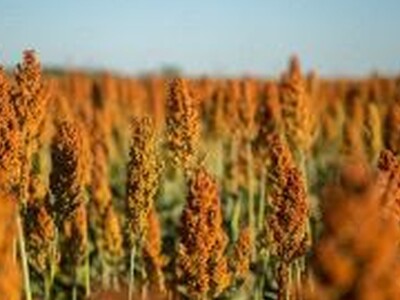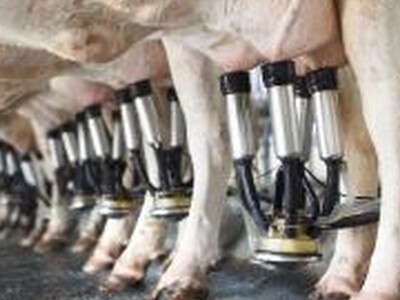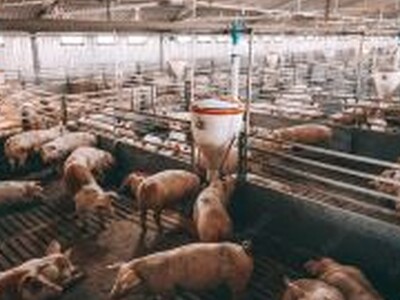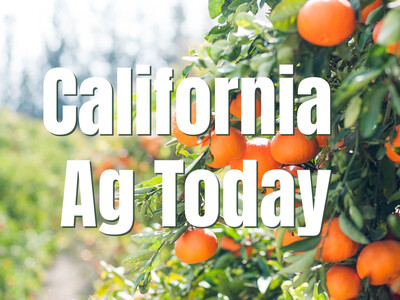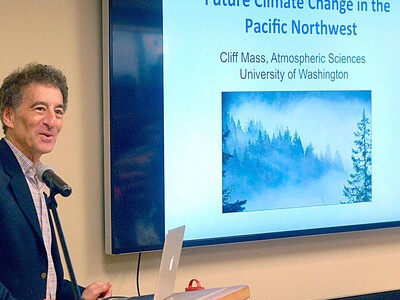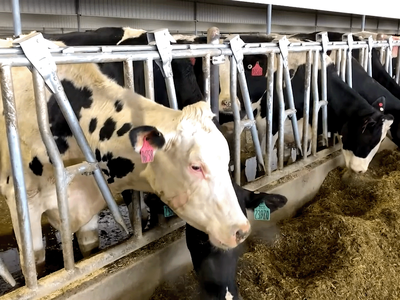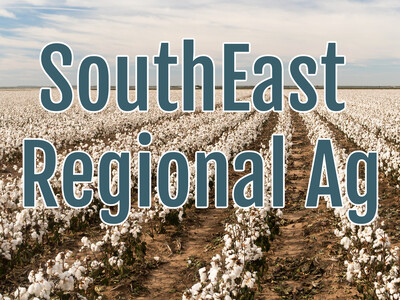Epigenetics
You are what you eat. Here’s a conundrum: Identical twins originate from the same DNA ... so how can they turn out so different — even in traits that have a significant genetic component? Here's a thought. One of the twins smokes and drinks like a fish and eats junk food. The other is a workout fanatic and eats all organic meals. Do you think in the end that their body types might be different? While nature versus nurture has a lot to do with it, a deeper, related answer can be found within something called epigenetics.Epigenetics is the discipline that bridges environmental exposures and lifelong genome regulation. Epigenetics is rapidly changing our perception of how diseases and phenotypes emerge and prosper in populations. Here is Kelly Sanders, an expert in how food can affect your body. “Epigenetics it Is defined as the inheritability traits of humans or cattle or other animals that their genes actually express themselves differently based on some form of environmental or nutritional insult that they may have occurred in their life.” Sanders addressed the impact epigenetics can have on reproductive performance and quality grading in beef cattle. “there has been information where in the first trimester that there is a reduction in the number of eggs that heifers were actually born with when their mothers were malnourished in the first trimester.” It has also been shown that there can be reduced conception rates from cows that were not fed and adequate diet.






